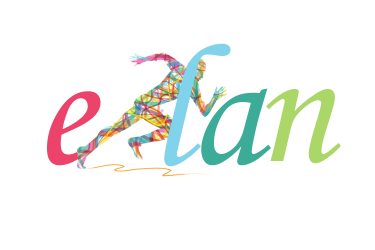-
Why young Japanese still can’t speak English!
•
Oh well, we have the board of education to thank for that, and then of course the Japanese English teachers (not all as there are exceptions) who are truly a disgrace to this country. I’m still racking my brain trying to understand how someone dares to call himself/herself an English teacher when he or…
-
Why IPA matters in English Learning?
•
IPA sucks! No doubt about it. I admit it is a pain in the butt. No one likes those silly symbols. Teachers hate them. Students detest them and most native speakers (of English) have never even heard about them. What is IPA anyway? It’s International Phonetic Alphabet [youtube=http://www.youtube.com/watch?v=SVr3AUPXbF0&w=300&h=200] Although I realize it is not…
-
Can you understand my English?
•
That is another brilliant question I get from English learners about their pronunciation. As if it would solve their problems to be just understood. I can understand handicaps too sometimes, does that make them good communicators? Any English speaker who knows about 300-500 words of English can somehow manage to make himself or herself…
-
Should I Study Grammar?
•
DUH! That is how I answer this extraordinarily clever question often asked by most English learners. Most English learners automatically assume and even presume that the fact that I am specialized in pronunciation, must imply that I am “anti grammar”. Well, allow me to say that is a bunch of baloney! I do not…
-
Pronunciation Training: It’s About Listening For Heaven’s Sake
•
Let us face it. Most ESL professionals are under the misperception that pronunciation is primarily and solely related to accent reduction work and/or to improving the learners’ intelligibility only after being deemed proficient in other areas such as grammar, vocabulary, reading comprehension, academic writing etc. Although pronunciation does indeed improve the learners’ speech clarity…
-
Good pronunciation: Intelligibility or Impact?
•
Most English teachers seem to consider good pronunciation as being intelligible. They view intelligibility as the ultimate goal of learning pronunciation. “If I can understand you, and you can understand me, then your pronunciation is good enough”. It has somehow been agreed upon in this industry that to be understood is just “good enough”…
-
How can I speak English Like A Native Speaker?
•
I hear that question very often. What I would like to ask you though is, what are you are prepared to do about it? How far are you willing to go? I mean how badly do you want it? How badly do you need it? The truth is most English learners don’t. But first,…
-
Katakana For Better English Pronunciation
•
Yes Yes I know, you think it’s impossible right? We all know, for many Japanese English learners, Katakana is the source of a lot of misery in learning English but sometimes, just sometimes, you can use it for your advantage. Let’s look at a simple example: What are you doing on the weekend? Okay,…
-
6 Tips to Take Your English to the Next Level
•
Achieving fluency and clarity in English requires plenty of time and hard work. Learners often need at least a year and sometimes years to achieve mastery in English speaking and listening. The problem is that most of them call it quits out of anger and frustration after they come to the realization that making…
-
How Can I Speak English Like A native-speaker?
•
Right! I hear that question often. What I would like to ask you though is, what are YOU are prepared to DO about it? How far are you willing to go? But first, what is native-like English? Is it just good pronunciation? Is it accent? Is it fluency? What is it exactly? Well, let…
